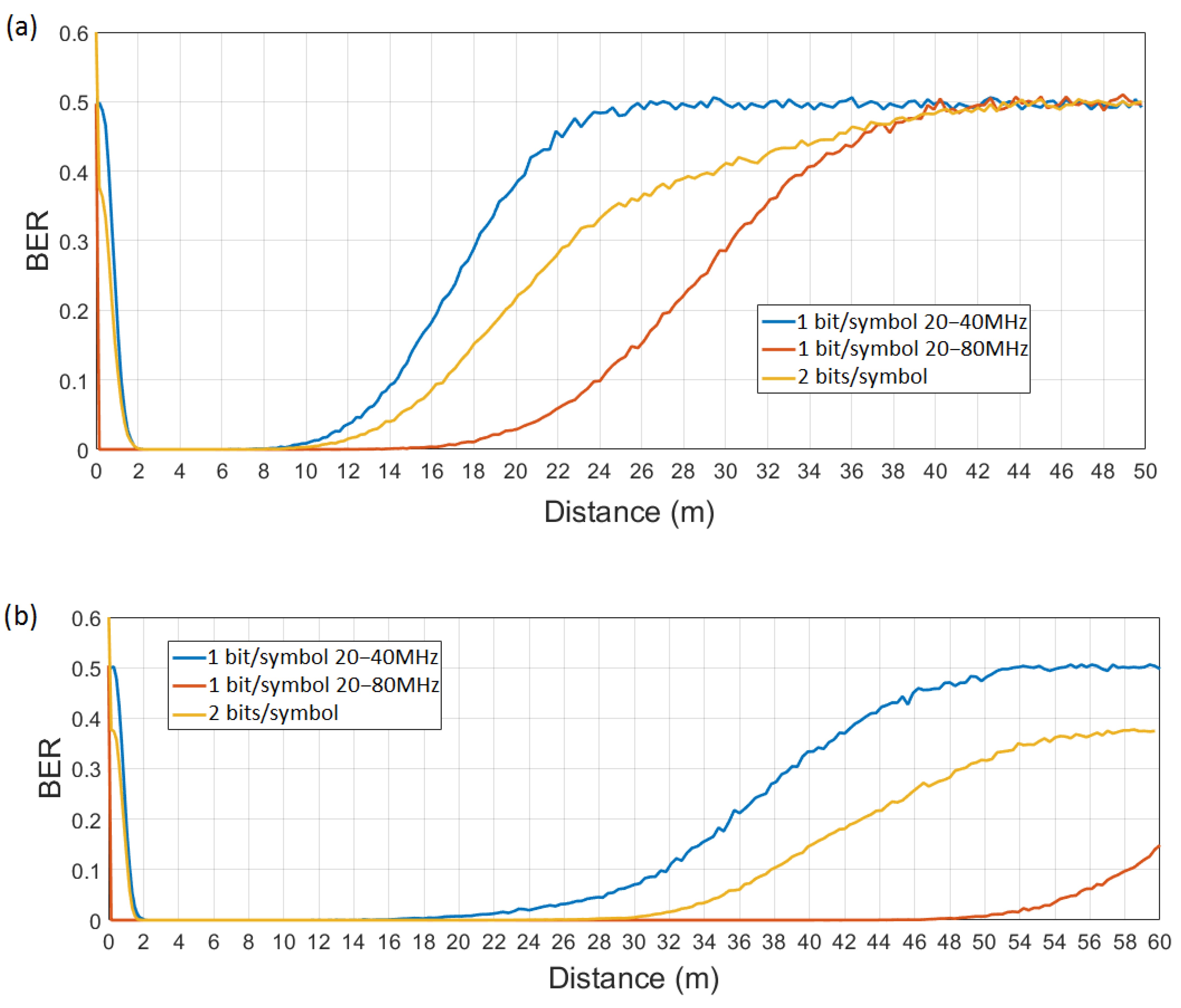

- Matlab r2015a warning cannot solve symbolically software#
- Matlab r2015a warning cannot solve symbolically download#
- Matlab r2015a warning cannot solve symbolically windows#
Matlab r2015a warning cannot solve symbolically software#
Further information about Chebfun history is available at the Chebfun web site,, where one can also find a discussion of other software projects related to Chebfun. In 2019 the team includes also Nicolas Boulle, Abi Gopal, Yuji Nakatsukasa, and Ryan Sherbo. October 2014 brough new arrivals Jared Aurentz, and Behnam Hashemi. The Chebfun Version 5 rewrite was directed by Nick Hale during 2013-2014, and the team included Anthony Austin, Asgeir Birkisson, Toby Driscoll, Hrothgar, Mohsin Javed, Hadrien Montanelli, Alex Townsend, Nick Trefethen, Grady Wright, and Kuan Xu. Nick Hale served as Director of the project during 2010-2014. In 2009, Asgeir Birkisson and Mark Richardson also became involved, and other contributors included Pedro Gonnet, Joris Van Deun, and Georges Klein.

Battles left the project in 2005, and soon four new members were added to the team: Ricardo Pachon (from 2006), Rodrigo Platte (from 2007), and Toby Driscoll and Nick Hale (from 2008). Ĭhebfun was originally created by Zachary Battles and Nick Trefethen at Oxford during 2002-2005. Much of the relevant material can be found collected in the Chebfun-based book Approximation Theory and Approximation Practice. A key early figure, for example, was Bernstein in the 1910s. The mathematical foundations of Chebfun are for the most part well established by results scattered throughout the 20th century. (Originally Chebfun stored function values at Chebyshev points in Version 5 it switched to storing Chebyshev expansion coefficients.) Chebfun makes use of adaptive procedures that aim to find the right number of points automatically so as to represent each function to roughly machine precision, that is, about 15 or 16 digits of relative accuracy. For a simple function, 20 or 30 points often suffice, but the process is stable and effective even for functions complicated enough to require 1000 or 1,000,000 points. The implementation of Chebfun is based on the mathematical fact that smooth functions can be represented very efficiently by polynomial interpolation in Chebyshev points, or equivalently, thanks to the Fast Fourier Transform, by expansions in Chebyshev polynomials. More precisely, our vision is to achieve for functions what floating-point arithmetic achieves for numbers: rapid computation in which each successive operation is carried out exactly apart from a rounding error that is very small in relative terms. The aim of Chebfun is to "feel symbolic but run at the speed of numerics". Thus, for example, whereas sum(f) returns the sum of the entries when f is a vector, it returns a definite integral when f is a chebfun.Ĭhebfun with a capital C is the name of the software system. The syntax for chebfuns is almost exactly the same as the usual MATLAB syntax for vectors, with the familiar MATLAB commands for vectors overloaded in natural ways.

Matlab r2015a warning cannot solve symbolically download#
Select the download button, above, then double click on the file or drag it into the MATLAB Command Window to install.įAQ: This link provides answers to some frequently asked questions.A chebfun is a function of one variable defined on an interval $$. Instructions for R2015b, R2016a, R2016b, and R2017a:Ĭomplete the workaround instructions in the Bug Report, then follow the instructions, below, for R2017b and later. This GCC compiler can also be helpful for other MathWorks products that require a C or C++ compiler. C and C++ applications compiled with MinGW-w64 GCC can be called from MATLAB using MEX. It includes a GCC compiler and related tools for compiling C and C++ applications for Windows.
Matlab r2015a warning cannot solve symbolically windows#
MinGW-w64 is a compiler suite for Windows based on the GNU tool chain.


 0 kommentar(er)
0 kommentar(er)
